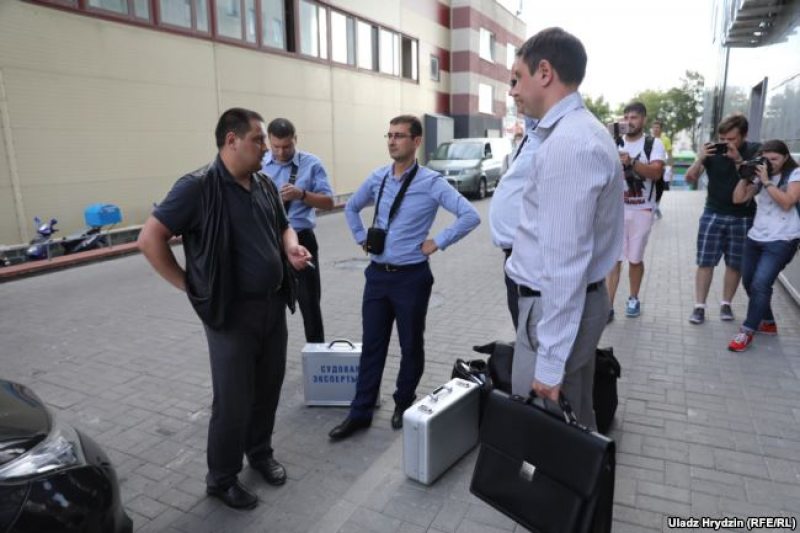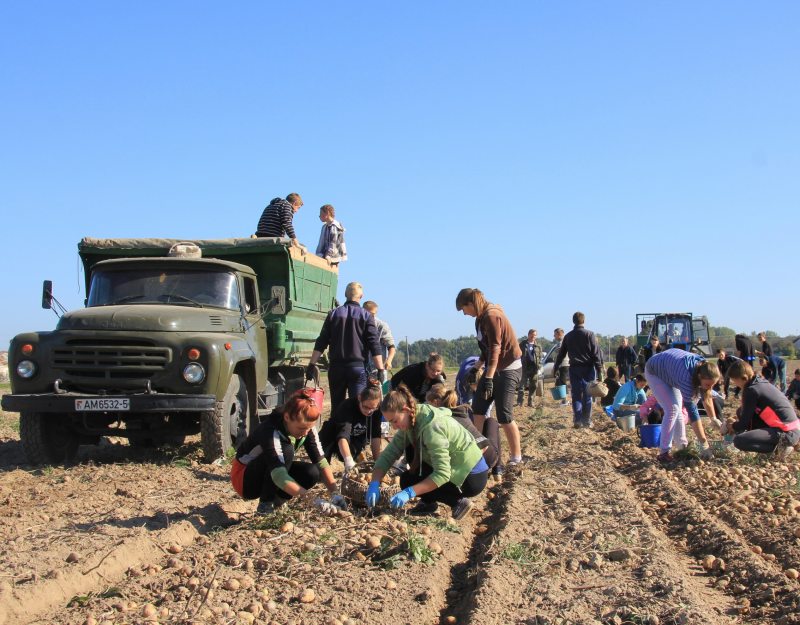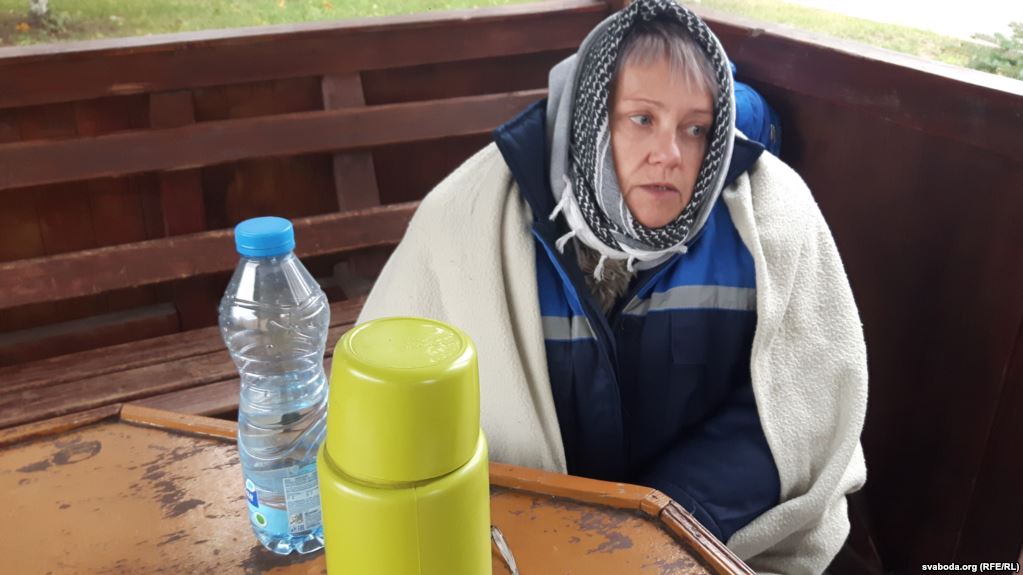Picks of the week
The Investigative Committee continues to interrogate journalists involved in so-called BelTA case, as several employees of tut.by and BelaPAN have been summoned for questioning this week. Some of them, including several journalists and editors, have been questioned as witnesses. Tatsiana Karaviankova and Iryna Leushyna, respectively BelaPAN political analyst and chief editor, are expected to appear at the Investigative Committee’s Minsk office as suspects in the case.

- Investigative Committee staff seize equipment from tut.by office in Minsk. August 7, 2018. Photo: Uladz Hrydzin
The case was opened on August 7. It involves 10 journalists named as suspects.
Meanwhile, on August 25, tut.by editor Dzmitry Bobryk said in his Facebook account that he was forced to sign a cooperation agreement with the KGB during his interrogation at the Investigative Committee on August 7.
“I received direct threats. They threatened me, my family and friends. They said they could disclose details of my personal life, if I refused to cooperate. Then they threatened my family members who could be affected. Then I started shaking, they threatened the most important things in my life,” Bobryk wrote.
Forced labor is still widespread in Belarus. Viasna’s human rights defender Valiantsin Stefanovich filed a complaint to highlight recent violations in the Horki district, Mahilioŭ region, where dozens of government employees were sent to harvest crops in state-owned farms in mid-September. The order was reportedly signed by local government officials.
Earlier, similar illegal acts resulted in the death of a 13-year-old schoolgirl, which was killed by a truck while harvesting potatoes in Maladziečna district in September 2016.
Anzhalika Kalatazishvili, the wife of Georgian national Kakhaber Kalatazishvili, declared a hunger strike after she was not allowed to see her husband in a pre-trial prison in Mahilioŭ. Kakhaber Kalatazishvili is under a criminal investigation on drug-related charges. The woman says she applied for a meeting after she learned that her letters never reached the prisoner.
“All I’m asking is five minutes to see the condition of my husband,” she said.
Meanwhile, human rights defenders stress that the current legislation does not oblige investigators to allow pre-trial prisoners see their family members.
“This is not an obligation but a right, according to the Code of Criminal Procedure, that is, it’s up to the investigator. What’s worse, a ban may not be explained,” Pavel Sapelka, expert on penitentiary law, says. “I think it should be a standard to provide the possibility of at least phone conversations with the family; however, even this is absent.”



















